
Starting June 1st, 2023 Our warehouse fee will be $0.65/cubic foot per month
In effort to lower the warehouse storage fee during inflation, we have went narrow aisle racking.This construction took us four months but the project is finally completed. With narrow aisle racking, we are able to drop storage by 24%.We as partners will go through this inflation together.
03/31/2024
A pivotal aspect to ponder is the tax framework in your prospective market. Specifically, obtaining a Value Added Tax (VAT) number might be necessary to meet regulatory obligations.
Imagine this scenario: your online retail business is flourishing, with products flying off the virtual shelves, and you're gearing up to take your brand global. It's a thrilling prospect. However, before you can seal that inaugural sale in a foreign market, it's imperative to establish a solid foundation and ensure compliance with international laws.
The article below will help you understand clearly what is VAT? Specific instructions for you to use VAT slips in your business.
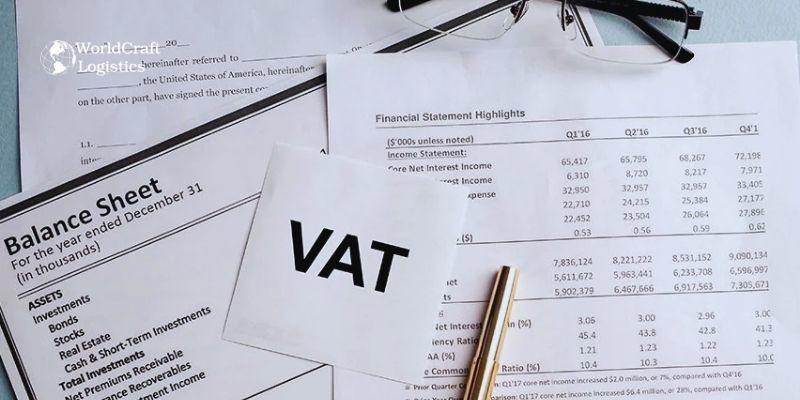
Value Added Tax, commonly abbreviated as VAT, is a crucial aspect of taxation in countries that implement this system. Businesses operating within VAT jurisdictions must possess a unique VAT number for compliance. This identification number serves as a crucial identifier for all VAT-related activities within the country of issuance.
Frequently, the VAT number meaning serves as the primary tax identification in a given nation. Nonetheless, instances occur where tax authorities furnish two distinct numbers: a domestic tax identifier for local dealings and correspondence with tax bodies, alongside a foreign or intra-Community VAT identification for European Union VAT-related matters.
Related articles you should not miss:
👉 What is HS Code? Meaning, how to find HS Code quickly & accurately
👉 What is a SKU number? How to create and use SKU codes effectively
👉 Shipping documents: Essential and commonplace documents in import and export
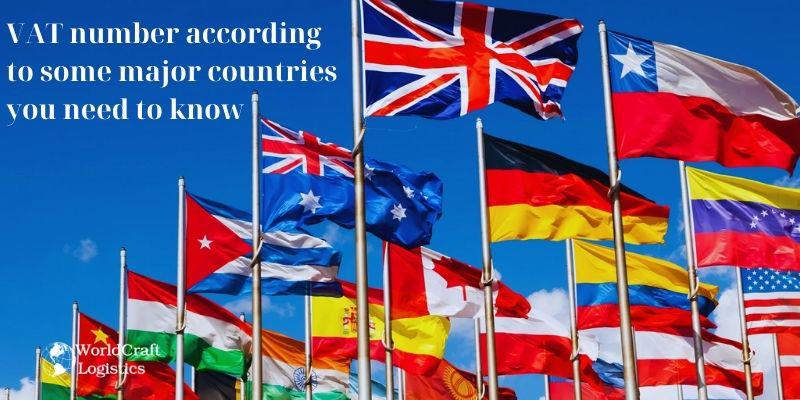
→ United States: The US does not have a VAT system. Instead, it uses a sales tax system, and there is no national sales tax number. However, businesses may have a Taxpayer Identification Number (TIN) issued by the Internal Revenue Service (IRS).
→ United Kingdom: VAT numbers in the UK are 9 digits long, with the prefix "GB" followed by the 9 digits. For example, GB123456789.
→ Germany: German VAT numbers are called "Umsatzsteuer-Identifikationsnummer" (UST-ID-NR). They start with the prefix "DE" followed by 9 digits. For example, DE123456789.
→ France: French VAT numbers start with the prefix "FR" followed by 2 digits, 9 digits, and then 2 more digits. For example, FR12345678901.
→ Italy: Italian VAT numbers start with the prefix "IT" followed by 11 digits. For example, IT12345678901.
→ Spain: Spanish VAT numbers start with the prefix "ES" followed by the 9-digit Tax Identification Number (NIF) of the company. For example, ESX1234567X.
→ Canada: Canada uses a Goods and Services Tax (GST) / Harmonized Sales Tax (HST) system instead of VAT. Businesses are assigned a Business Number (BN) by the Canada Revenue Agency (CRA).
→ Australia: Australian VAT numbers are known as Australian Business Numbers (ABNs). They are 11 digits long. For example, 12345678901.
→ China: In China, VAT taxpayer identification numbers (TINs) consist of 15 digits, with the first 6 digits representing the company code, the next 9 digits representing the taxpayer identification number, and the last digit being a verification code.
→ India: In India, VAT is replaced by the Goods and Services Tax (GST). Businesses are assigned a unique 15-digit Goods and Services Tax Identification Number (GSTIN).
These formats may change over time due to legislative changes or updates in tax regulations, so it's always a good idea to verify the current format with the respective tax authority when needed.
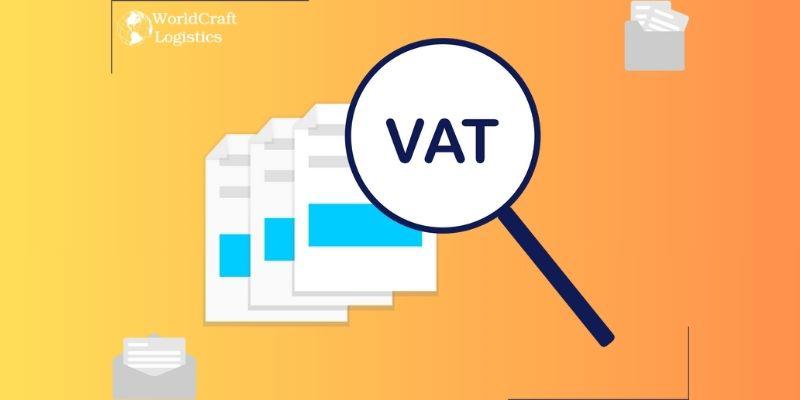
In the realm of taxation, the threshold for registering for Value Added Tax (VAT) in a particular jurisdiction hinges on engaging in taxable transactions within its borders. For enterprises lacking a permanent foothold, several transaction types mandate VAT registration:
Exportation mandates registration, coupled with adherence to requisite documentation for zero-rated supply.
Domestic sales necessitate registration and VAT remittance to tax authorities, save for foreign entities subject to reverse charge regulations. Under reverse charge, VAT isn't levied on the transaction; instead, the buyer calculates VAT in their return.
Intra-Community transactions entail obtaining a VAT number and enrollment in the VIES system. While automatic in some states, this process can be intricate and time-consuming in others.
Importation may trigger VAT registration obligations. Some nations permit streamlined VAT registration for importers exclusively engaged in VAT-exempt sales. While simplifications exist, VAT registration is typically requisite for importing and vending goods across America
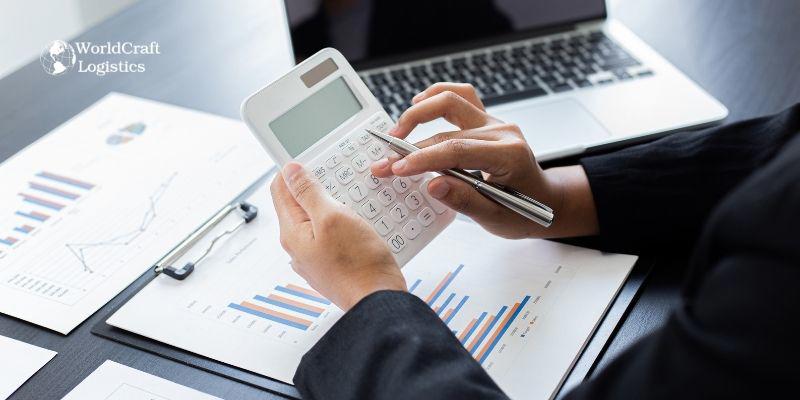
The cost associated with obtaining a VAT number can vary depending on the country and the specific circumstances of the business. In many countries, there may not be a direct fee for obtaining a VAT number, but there could be indirect costs involved, such as:
Some businesses may choose to consult with tax professionals or lawyers to ensure they understand the VAT registration process and comply with all requirements. These services typically come with a fee.
There might be costs associated with preparing and submitting the necessary documentation for VAT registration, such as filling out forms, gathering supporting documents, and sending them to the appropriate tax authority.
Once registered for VAT, businesses are required to comply with ongoing reporting and filing obligations. Depending on the complexity of these requirements, there may be costs associated with maintaining compliance, such as investing in accounting software or hiring additional staff.
Some countries have a threshold for VAT registration, meaning businesses only need to register for VAT once their taxable turnover reaches a certain amount. In such cases, the cost of VAT registration would depend on the level of business activity.
Failure to register for VAT or comply with VAT regulations can result in penalties and fines, which could incur costs for the business.
It's important for businesses to carefully consider these potential costs and plan accordingly when deciding whether to register for VAT and how to manage VAT compliance. Additionally, the specific costs associated with VAT registration can vary widely from one country to another, so it's advisable to consult with local tax authorities or professional advisors for accurate information relevant to your jurisdiction.
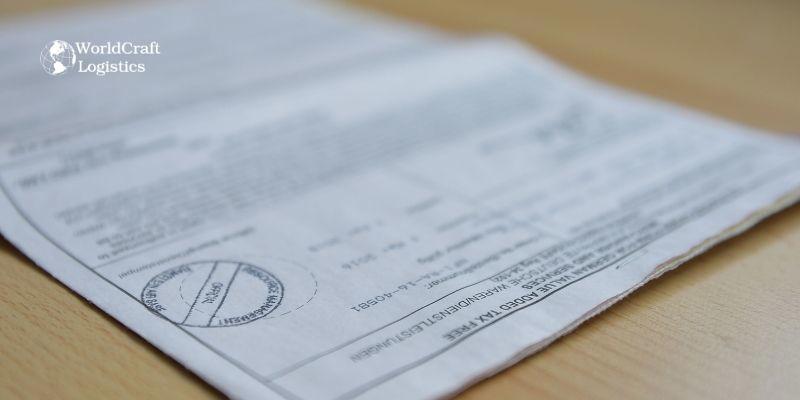
Obtaining a VAT number in any country can be a complex and time-intensive process. We specialize in assisting businesses in compiling necessary documentation and completing registration forms across Europe. While specific requirements vary between countries, certain certificates and proofs of authorization are typically needed, and preparation can begin prior to reaching out to us:
✔️ Home country VAT certificate: This document validates your company's VAT registration status in its country of origin. It should generally be an original, recently issued document from local tax authorities. We recommend acquiring certificates for all countries of registration.
✔️ Certificate of incorporation or Trade Register excerpt: These documents provide comprehensive details regarding the establishment of your company in its home country.
✔️ Articles of Association: This paperwork is typically issued during the incorporation process in your home country.
✔️ Evidence of taxable transactions: Meeting this requirement can be challenging, as it involves demonstrating your intent to conduct taxable supplies. Examples include contracts, purchase orders, invoices, or similar documents.
✔️ Proof of signatory authority: This documentation confirms that the individual signing the registration forms is authorized to represent the company. For instance, the Articles of Association may appoint the signatory as a director.
Additionally, language requirements must be considered as most countries require documents to be submitted in their native language. To solve the cumbersome procedures in your shipping, contact Worldcraft Logistics.
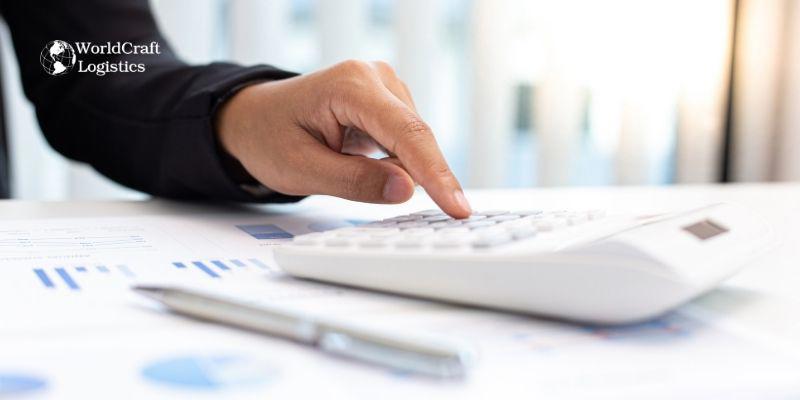
Following a successful application and provision of a valid VAT number, businesses are obliged to adhere to HMRC's VAT regulations for the duration of their operations in the UK.
This includes:
Ensuring accurate VAT calculation and inclusion in product pricing for seamless collection and remittance to HMRC.
Ensure that your 9-digit number is included on every invoice generated.
Quarterly filing returns must be submitted as per the registration's effective date.
Further obligations must be fulfilled should the business be registered in the United Kingdom.
Navigating VAT compliance poses challenges for both large and small businesses. Here are some common issues they face:
This involves fake VAT invoices. To combat this, businesses should verify VAT numbers and report fraud on the gov.uk website.
These ensure accurate reporting and remittance of VAT. They scrutinize a business's records for discrepancies or non-compliance.
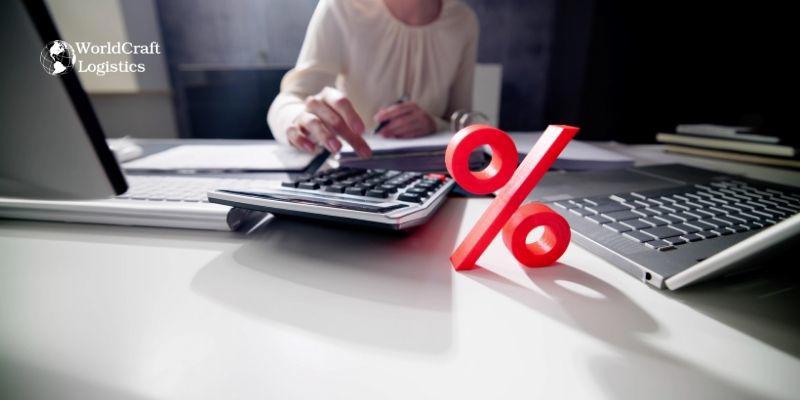
VAT laws vary across countries, making compliance complex. Staying updated and seeking professional advice is crucial.
Tax authorities can penalize businesses for non-compliance, depending on the violations' nature and extent.
Effective communication and documentation are vital for VAT compliance. Incomplete records can lead to audit complications, so businesses may seek tax experts' assistance in paperwork management.
The acquisition of a VAT number in European countries typically spans a duration of 4 to 6 weeks upon the submission of a duly completed application. However, it's worth noting that this timeline may vary depending on the specific country in question.
Upon obtaining VAT registration, it is imperative to adjust your billing system accordingly. This entails generating invoices specific to the activities conducted within the registered country. Each invoice should bear a distinct serial number and prominently display the VAT number issued by the respective tax authorities.
As of January 1st, UK businesses engaging in local sales to German clients by obtaining a VAT number in Germany are required to adhere to specific invoicing regulations. Consequently, invoices for German sales from this date onward must feature the German VAT number provided by the German tax authorities, rather than the UK VAT number. Additionally, a new invoice numbering series consistent across all German sales is mandated for these invoices.
Acquiring a foreign VAT number entails added administrative responsibilities. Consistently, you must file VAT returns, be it monthly, quarterly, or occasionally annually. Certain jurisdictions mandate transaction reports such as SAF-T returns, control reports, or sales listings. Moreover, if engaging in intra-Community transactions within that country, you might be obligated to submit Intrastat returns and ECSL returns.
Businesses cannot reclaim VAT on purchases if they weren't registered for VAT when making the transaction. Likewise, overseas businesses cannot levy VAT on their goods if they lack VAT registration.
Tax authorities assign VAT numbers to businesses, providing them with a unique identifier crucial for tax purposes. Normally, these numbers remain constant, but certain circumstances may necessitate a change. One such instance is a shift in business ownership. If ownership changes, necessitating the cessation of the original company's operations, a new VAT number becomes imperative. Additionally, substantial alterations such as reorganization, mergers, acquisitions, or changes in legal structure mandate the issuance of a fresh VAT number.
Issues with the current VAT number also trigger a change. Administrative errors or problems associated with the existing number may prompt tax authorities to reissue a new one. It's paramount to understand that modifying your VAT number carries implications for your business. Hence, strict adherence to proper procedures is essential. Seeking guidance from tax professionals or accountants is strongly advised to ensure compliance with relevant jurisdictions and to navigate potential challenges associated with the change.
SEO
Digital Marketing/SEO Specialist
Simon Mang is an SEO and Digital Marketing expert at Wordcraft Logistics. With many years of experience in the field of digital marketing, he has shaped and built strategies to effectively promote Wordcraft Logistics' online presence. With a deep understanding of the logistics industry, I have shared more than 500 specialized articles on many different topics.
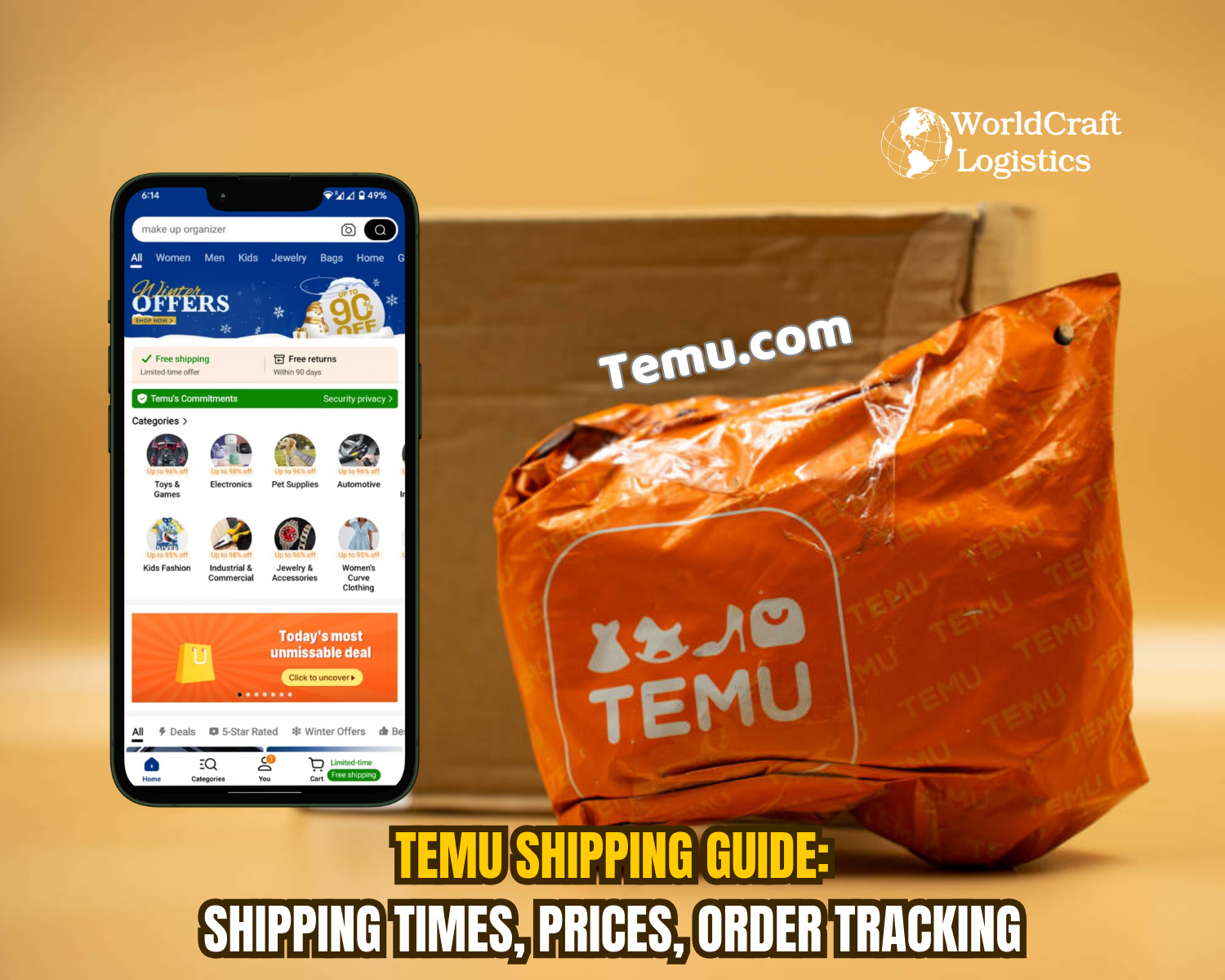
Education
01/05/2025

Education
02/18/2025
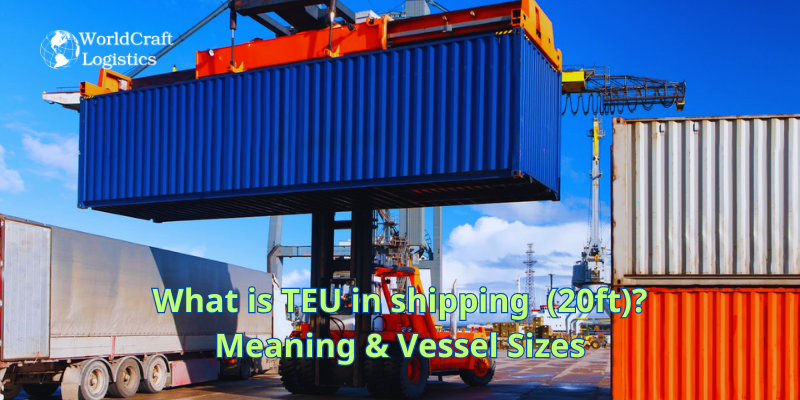
Education
01/01/2024
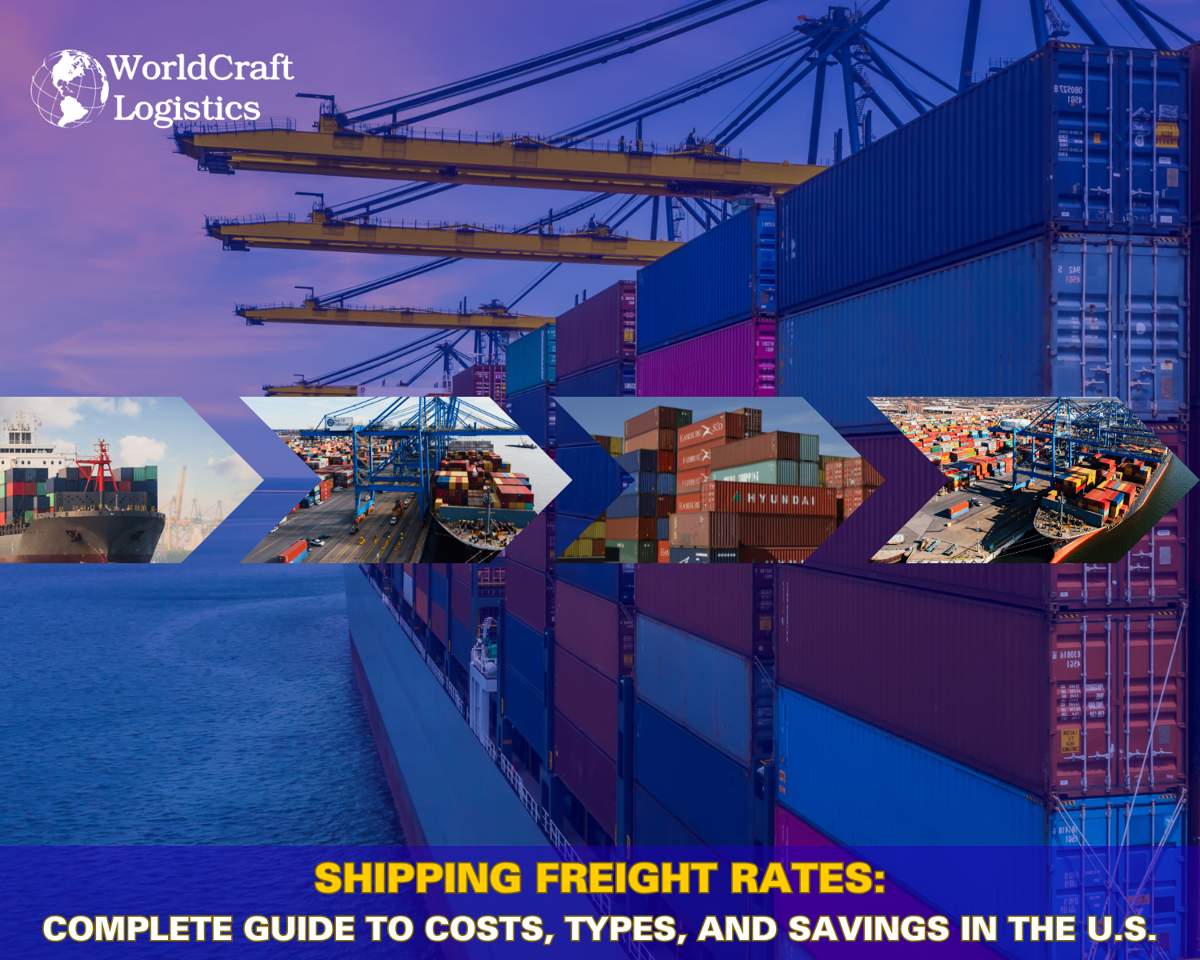
Education
09/09/2025
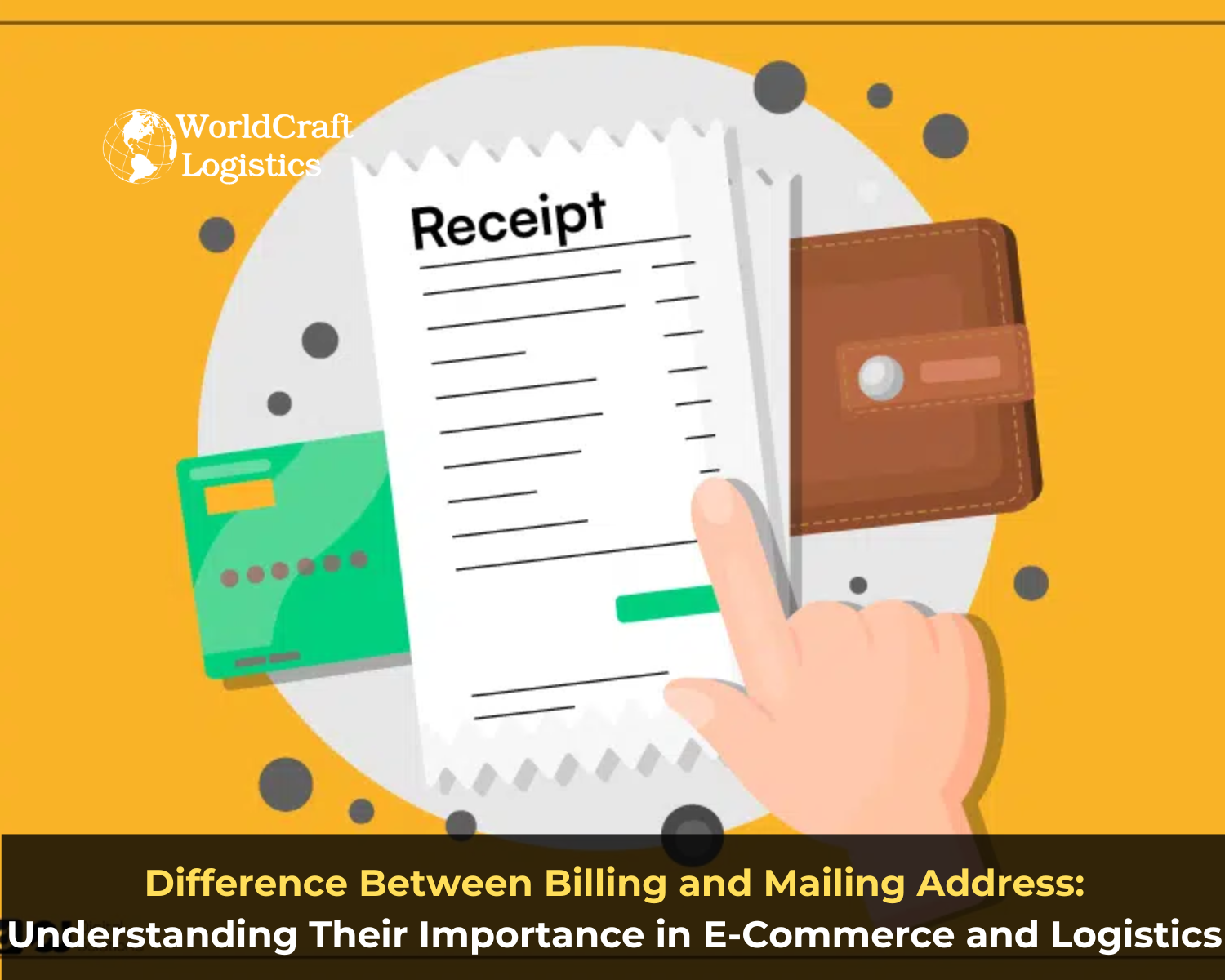
Education
08/28/2024